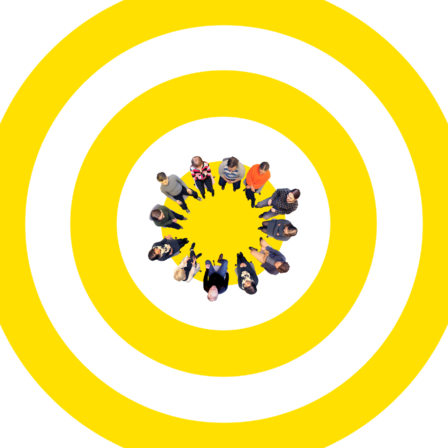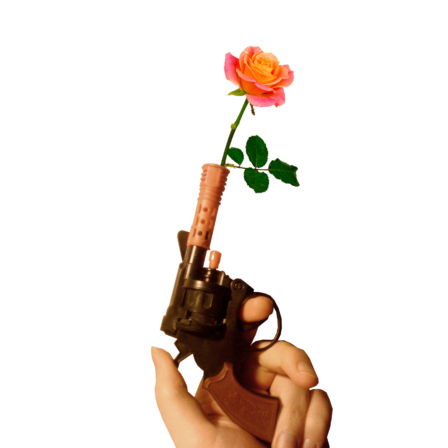The venue plays an important role in the creation of mutual trust and equality. Arrival at the venue should feel easy and safe, which is why you should choose a venue that is politically and ideologically neutral.
In a dialogue, the participants often sit in a ring without tables. The discussion is easier when the table is not on the way hiding information and it is possible to see all of the other participants.
Compile a list of a few good venues
With each option, think about the following:
- What does the venue symbolise? Has the venue been labelled by a specific use and what does it mean to the participants?
- Is the venue peaceful and undisturbed?
- Is it possible to move the tables out of the way and arrange the chairs in a circle? A small change in traditional seating arrangements will significantly affect the quality of the dialogue.
- Is there enough room? Is there a chair for everyone?
- How many participants do you want and expect to attend? Can the group of participants be divided into small groups? The ideal size of small groups for a dialogue is ten people, but a discussion will succeed even with a larger number of people.
- Is it easy for people to hear each other? Does the space echo or is there noise in the background?
- What will you do to create a warm and inviting atmosphere in the venue? Can you offer a cup of coffee and perhaps have some music in the background?
- How will people get to know each other? Knowing the other person’s name makes the dialogue easier – providing name badges may be a good idea!









More tools
Start the planning with these.